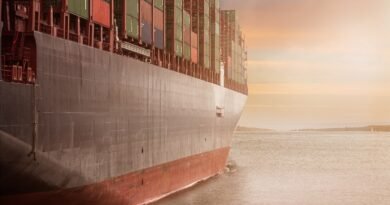EU Industry Days gave a virtual stage to those in leadership positions
The importance and challenges of the digital economy was one in the focus during the EU Industry days, as Europe moves forward into the digital age.
Both skills and technology
“A lot of things have changed, but what has not changed is our ambition for European industry to lead the green and digital transitions”, – said European Commission Executive Vice President for a Europe fit for the Digital Age, Margaret Vestager.
The updated industrial strategy is addressing the potential social impact that a rapid digital transition can have. Ms Vestager warned politicians and business leaders that, unaddressed digital divide would definitely result in social discontent. That’s why it is important to invest in both skills and technology.
Moreover, both the public and private sectors can play a role in digital transition through financing.
Ms Vestager concluded that the digital economy and the green economy are growing together and they are intertwined. For example, Artificial Intelligence can help optimise production with the help of Machine Learning. The practical benefit of Machine Learning means fewer inputs and less energy. “The more we utilise it, the more the environment wins, and the more we sharpen our competitive edge”, said European Commission Executive.
Difficulties of digitalisation
The risks brought by the digital economy are too big for just one member state to cope with, so the role of the EU here is to help SMEs to participate, like it has done in projects like the European battery and raw materials alliances.
One of the risks of the digital economy concerns industrial data, and here EU leadership is expected to be strengthened. Striking the right balance is difficult as legislators find themselves between regulating new industry and allowing room for innovation. European digital ecosystem and regulatory fragmentation were suggested as beneficial.
One of the problems is digital “gatekeepers”: Google and Facebook control around 80% of digital advertising. This is less of a problem for well-established companies whose customers go directly to the company’s website. But for SMEs, this can create difficulties.
“Small and new brands rely on marketing to a new audience. Traffic from social media can be the only way they survive. But it means that they must accept the rules set by the global giants, including those meaning they are giving up user data without any control or further use. No company likes this. Every company facing it would stop if everyone else refused to comply. The EU is probably the one institution with the power and the will to make a difference.” stressed out Skogen Lund Kristin in the discussion “What kind of a digital future we want”.




